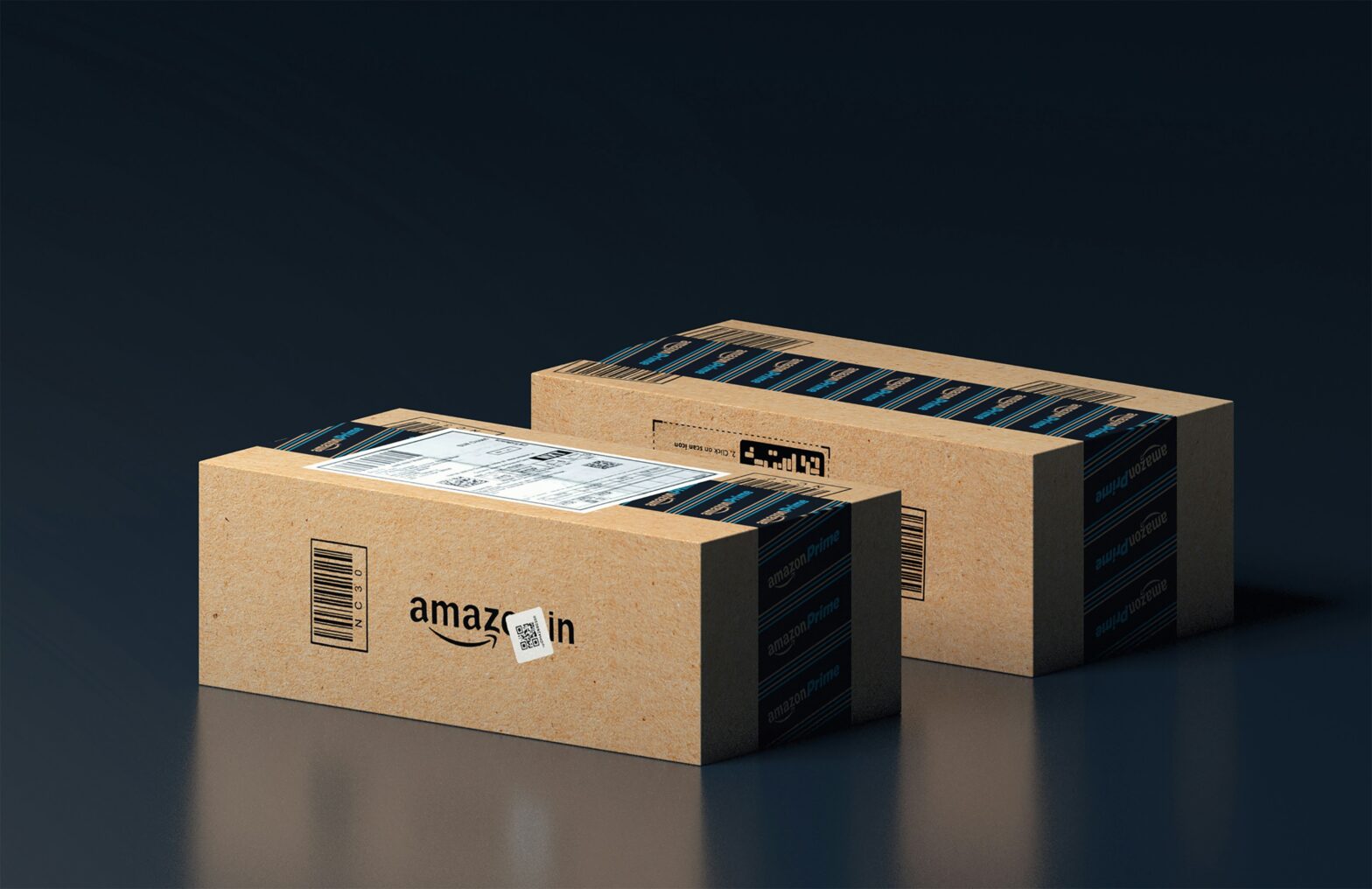In 2020, BigCommerce made a significant impact in the Direct-to-Consumer (D2C) ecommerce landscape, leading to their impressive $1.2 billion IPO. However, it’s worth noting that a substantial portion of their pre-IPO revenue was derived from a different customer segment – B2B companies. According to Meritech Capital, approximately 10% of BigCommerce customers used the platform primarily for B2B sales as of December 2019. Why is this? BigCommerce’s expertise in selling enterprise software made their platform particularly appealing to distributors, wholesalers, and manufacturers.
Now, in 2024 as mid-market B2B merchants seek lower-cost alternatives, BigCommerce stands poised to capitalize with its optimal blend of enterprise features, simplified APIs and digestible pricing. The market is looking at BigCommerce B2B and liking it. Here are the top 5 reasons why BigCommerce is making a name for itself in the B2B merchant space:
1. B2B Complexities Demand Flexible Platform
Before analyzing BigCommerce’s fit, we must understand the unique complexities of B2B ecommerce that demand a tailored platform approach. Selling to other businesses carries far different requirements than selling to consumers directly. In addition there are wide variations in requirements across different industries.
B2B merchants juggle large, variable catalogs with complex pricing logic tied to customer groups and contracts. Their buyers demand rich self-service account management portals and APIs for custom integrations. Supporting these needs at scale requires enterprise-grade capabilities missing from most SMB platforms.
Mid-market B2B players have different budgets than large enterprise B2B.They need solutions balancing robust functionality with accessible pricing and setup. As B2B brands outgrow entry-level platforms, evaluating more advanced options like BigCommerce emerges as an appealing next step before reaching true enterprise scale.
2. Ideal Solution For Wholesale Distribution Models
Wholesalers and distributors operate low-margin, high-volume businesses that live and die on efficient operations. For them, BigCommerce strikes an optimal balance, empowering self-service scale without over-customized bloat.
Distributors manage thousands of SKUs while supporting 100+ business accounts with customized pricing. BigCommerce allows creating customer groups with assigned price lists, then dynamically show appropriate catalog pricing in their login. No tedious manual quotes or negotiations.
With everything in one unified platform, distributors gain critical visibility, connecting customer details with order history and product performance analytics. This helps optimize inventory and tailor sales outreach.
BigCommerce also interoperates with popular ERP, accounting and logistics systems through 400+ native integrations and open APIs. This enables distributors to efficiently manage complex multi-channel order orchestration flows across quoting, ordering, fulfillment and accounting.
3. Marketplace Model Works For Agile Manufacturing
For B2B manufacturers worried about margins, BigCommerce’s embedded marketplace capabilities provide a lucrative D2C channel requiring minimal added overhead.
Specialty manufacturers making custom industrial goods often juggle dense, variable product catalogs with high customization needs. BigCommerce easily manages thousands of SKUs with attributes, options and complex pricing logic, accommodating for high customization needs.
Combined with native B2B account portals, manufacturers grant dealer or distributor back-end access to place one-off orders from the custom catalog visible only to them. No manual quoting or order entry required. This provides a level of sophisticated “self-service” to B2B buyers which B2B merchants love since it makes their selling operation so much easier.
Then using the same BigCommerce storefront, manufacturers launch a B2C marketplace site open to general public buyers. Template D2C pages generate based on the core product catalog, while custom prices stay hidden without account login.
This omni-channel approach allows manufacturers to test consumer demand for bespoke products while empowering wholesale partners – all from a unified BigCommerce platform.
4. Mid-Market B2B Merchants Thrive on BigCommerce’s Pricing Structure
While BigCommerce doesn’t discriminate against working with leading brands pushing towards $1 billion in sales, the platform’s sweet spot today targets mid-market B2B merchants.
In this realm with nuanced needs, BigCommerce edges out competitors as an accessible enterprise solution and in many cases helps them avoid time-intensive and expensive customization. BigCommerce says that merchants launching on BigCommerce realize 2-3x faster time-to-market than with Salesforce Commerce Cloud implementations.
The platform’s digestible pricing tiers also resonate with growth-focused mid-market brands compared to more expensive Magento Open Source. BigCommerce subscriptions cost 60-80% less than Magento for B2B merchants approaching $50 million in sales.
Both technical and business factors support mid-tier B2B brands selecting BigCommerce as their scaling platform partner over more customized or costly alternatives.
The market is looking at BigCommerce B2B and liking it.
5. Optimized For Manufacturers And Distributors
While versatile across industries, BigCommerce focuses product development around core B2B verticals with common needs – like manufacturers, wholesalers and distributors.
Native functionality (like custom catalogs, customer groups and order approvals) directly addresses distributor pain points. Combined with APIs and single page application (SPA) flexibility, manufacturers can craft tailored B2B buyer experiences matching commercial sales processes.
Leaning into its strengths serving these niches, BigCommerce also curates specialized partner ecosystems relevant for industrial supply chains and this can make B2B merchant websites running on BigCommerce even more powerful and useful.
The platform certified over 50 integrated tech solutions optimized for B2B, spanning ERP, shipping, tax and accounting tools. These packaged integrations accelerate onboarding manufacturers or distributors managing back-office systems.
BigCommerce also nurtures implementation and design partners focused on industrial clients. B2B merchants access tailored expertise guiding technology best practices for their vertical.
This surround sound ecosystem and workflow centralization makes scaling B2B feel more manageable for mid-market brands.
Final Stages Of Enterprise Readiness
Having supported billion-dollar B2B merchants and fueled its own meteoric rise to IPO, BigCommerce now puts finishing touches on cementing leading enterprise credibility.
Recent watershed platform achievements like PCI DSS compliance, strengthened analytics and the introduction of headless commerce unlock a number of enterprise growth pathways for BigCommerce, and the platform’s leadership is focused on these pathways that it believes are the future of e-commerce.
PCI compliance and enhanced security protections help BigCommerce win contracts with multinational brands, while supporting complex global regulatory needs. Heightened analytics visibility into B2B buyer behavior tailors sales outreach.
New headless capabilities then future-proof the most sophisticated brands targeting custom front-ends or IoT ecosystems down the road.
These enterprise milestones combined with its mid-market momentum position BigCommerce as a compelling modern B2B platform option for high-growth brands.
If you’re looking to quickly change platforms or explore more into BigCommerce, check out our B2B Accelerator program, where we get your company up and running in just 90 days. The time to make a change is now.


